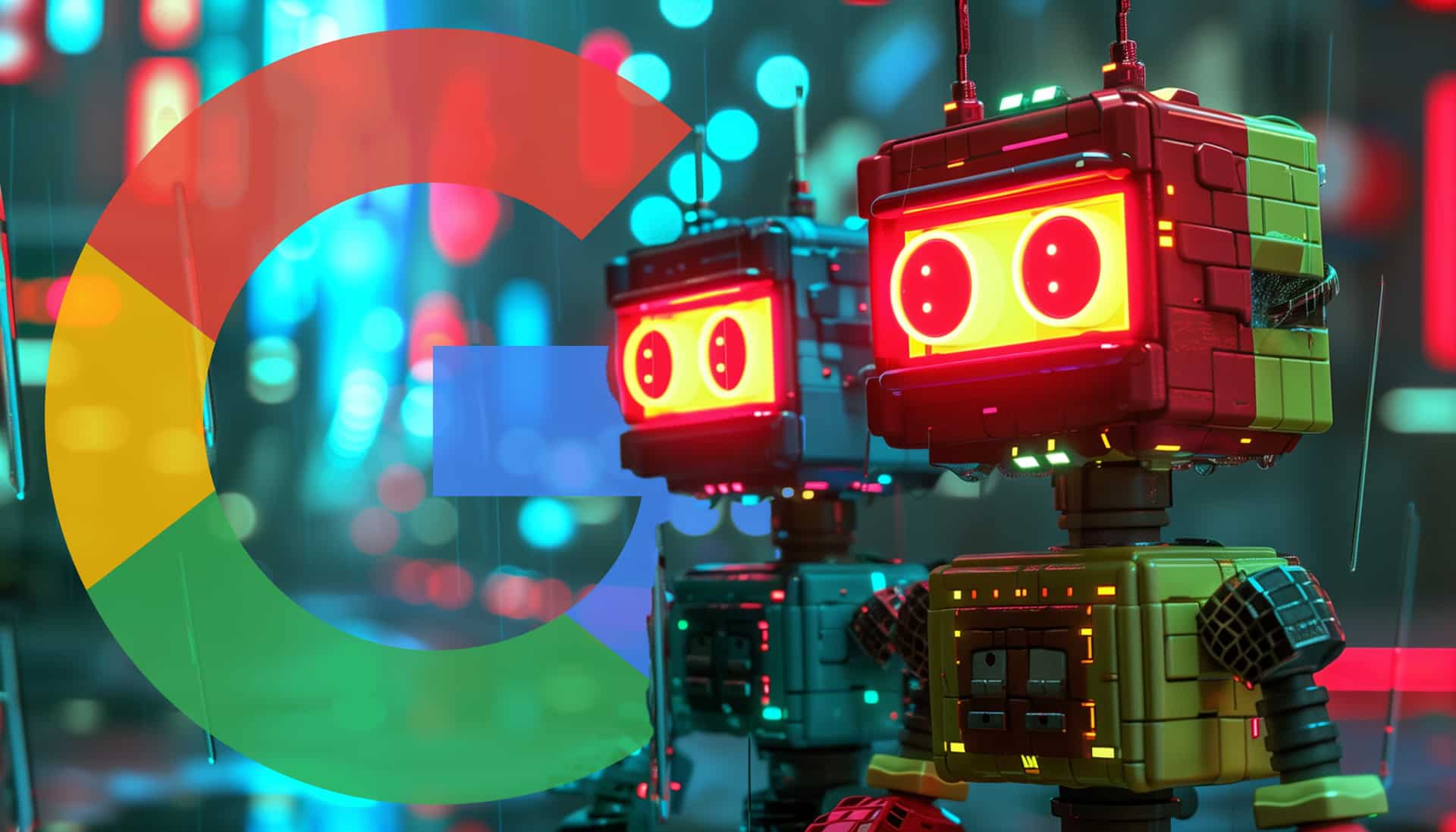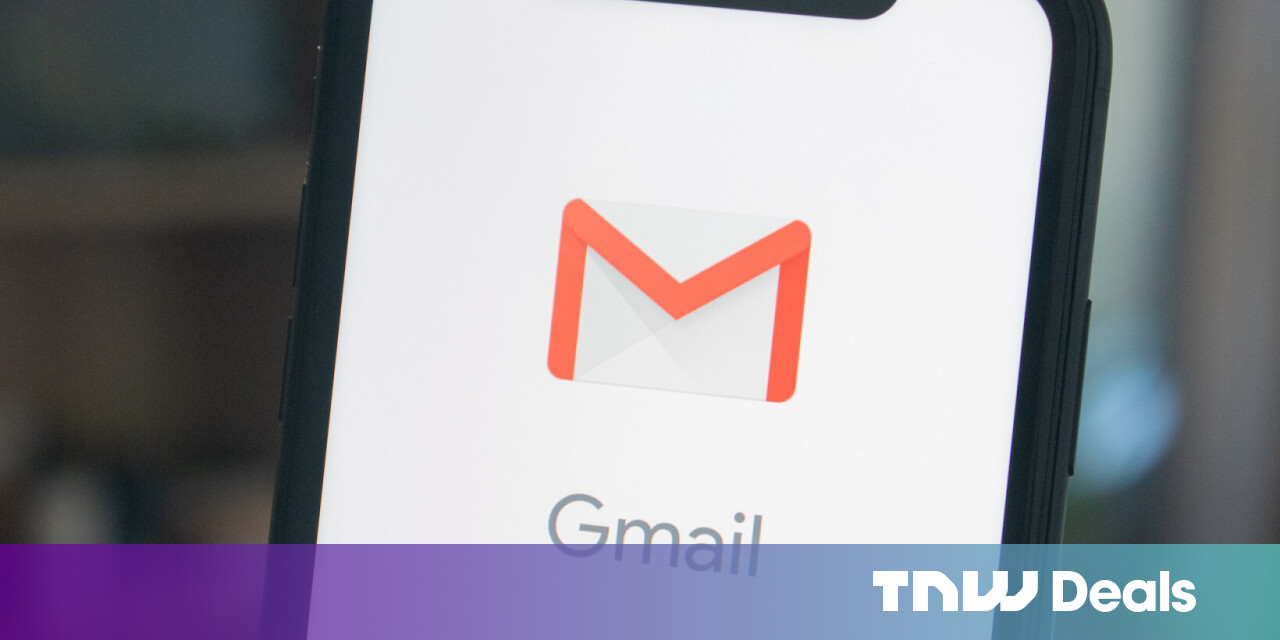Ex-Google exec: Giving traffic to publishers ‘a necessary evil’

Table of Contents
In a newly published profile, Google’s Head of Search Elizabeth Reid also said the Google search bar will become less prominent over time.
A new profile of Elizabeth Reid, the head of Google Search, confirms that Google is moving away from its longstanding model of sending its users to websites. As one former unnamed senior executive put it: “Giving traffic to publisher sites is kind of a necessary evil.”
As for the iconic Google Search bar? It will slowly lose prominence in the Google Search experience, due to the continuing growth of voice and visual search, Reid said.
Necessary evil. Google has been increasingly focused on keeping users inside Google properties, reducing the need to click through to external sites. A former Google senior executive told Bloomberg that supporting publishers was incidental to Google’s larger aims:
- “Giving traffic to publisher sites is kind of a necessary evil. The main thing they’re trying to do is get people to consume Google services.”
- “So there’s a natural tendency to want to have people stay on Google pages, but it does diminish the sort of deal between the publishers and Google itself.”
Alphabet CEO Sundar Pichai said in December Google spends a lot of time “thinking about the traffic we send to the ecosystem.” But, of late, he has stopped short of promising that Google will send more of it to websites – and there’s probably good reason for that.
Look no further than Barry Schwartz’s article, Google: Not all sites will fully recover with future core algorithm updates, in which Google’s Search Liaison Danny Sullivan said that websites shouldn’t expect to recover from core updates. Sullivan also said this in September. And Google reiterated it again in October.
Instead, Pichai now mentions how AI Overviews are increasing search usage. (Even though, I thought the whole point of AI Overviews was to reduce the number of searches – remember the idea of “let Google do the searching for you” to get “quick answers”?)
As a reminder, Google sees more than 5 trillion searches per year. But for every 1,000 Google searches, only 360 clicks in the U.S. go to the open web (Context: Nearly 60% of Google searches end without a click).
Google Search hovering. The Google Search bar won’t go away, according to Reid. However, it will become less prominent over time as Google prepares for the rise of voice and visual searches. Here’s the full section from the Bloomberg article (Google Is Searching for an Answer to ChatGPT):
“Reid predicts that the traditional Google search bar will become less prominent over time. Voice queries will continue to rise, she says, and Google is planning for expanded use of visual search, too. Rajan Patel, a vice president for search experience, demonstrated how parents can use Google’s visual search tools to help their kids with homework, or to surreptitiously take a photo of a stylish stranger’s sneakers in a coffee shop to buy the same pair (something Patel did recently). The search bar isn’t going away anytime soon, Reid says, but the company is moving toward a future in which Google is always hovering in the background. ‘The world will just expand,’ she says. ‘It’s as if you can ask Google as easily as you could ask a friend, only the friend is all-knowing, right?’”
Other Reid quotes of note. For what is being considered a “profile” of Reid, the article didn’t contain many direct quotes. Here are the few interesting quotes from the piece:
- “We learned what people really wanted two months faster” (on launching early features in her Google Maps days).
- “[Search is a] constant evolution [rather than a complete overhaul].”
- “Things start slowly and then quickly. Suddenly the combination of the tech and the product and the use and the understanding and the polish and everything comes together, and then everyone needs it.”
- “It’s really exciting to work on search at a time when you think the tech can genuinely change what people can search for.”
- “[Before generative AI] people did not go to Google Search and say, ‘How many rocks should I eat per day?’ They just didn’t.’” (Context: Google AI Overviews under fire for giving dangerous and wrong answers)
And one indirect quote, where Bloomberg summarizes her thoughts on AI:
“Google’s generative AI products still carry disclaimers that the technology is experimental. Testing tools in public helps them get better, Reid says. She’s convinced that, as with other changes to search, AI will get people to use Google even more than they did before.”
Why we care. Many websites started to lose traffic when Google launched AI Overviews last May and as AI Overviews expanded. Google was a fairly reliable source of organic search traffic for over two decades – but the rules are changing. No, SEO isn’t dead. But old SEO strategies and tactics will need to evolve and playbooks will need to be rewritten.
If you liked the article, do not forget to share it with your friends. Follow us on Google News too, click on the star and choose us from your favorites.
If you want to read more like this article, you can visit our Technology category.




